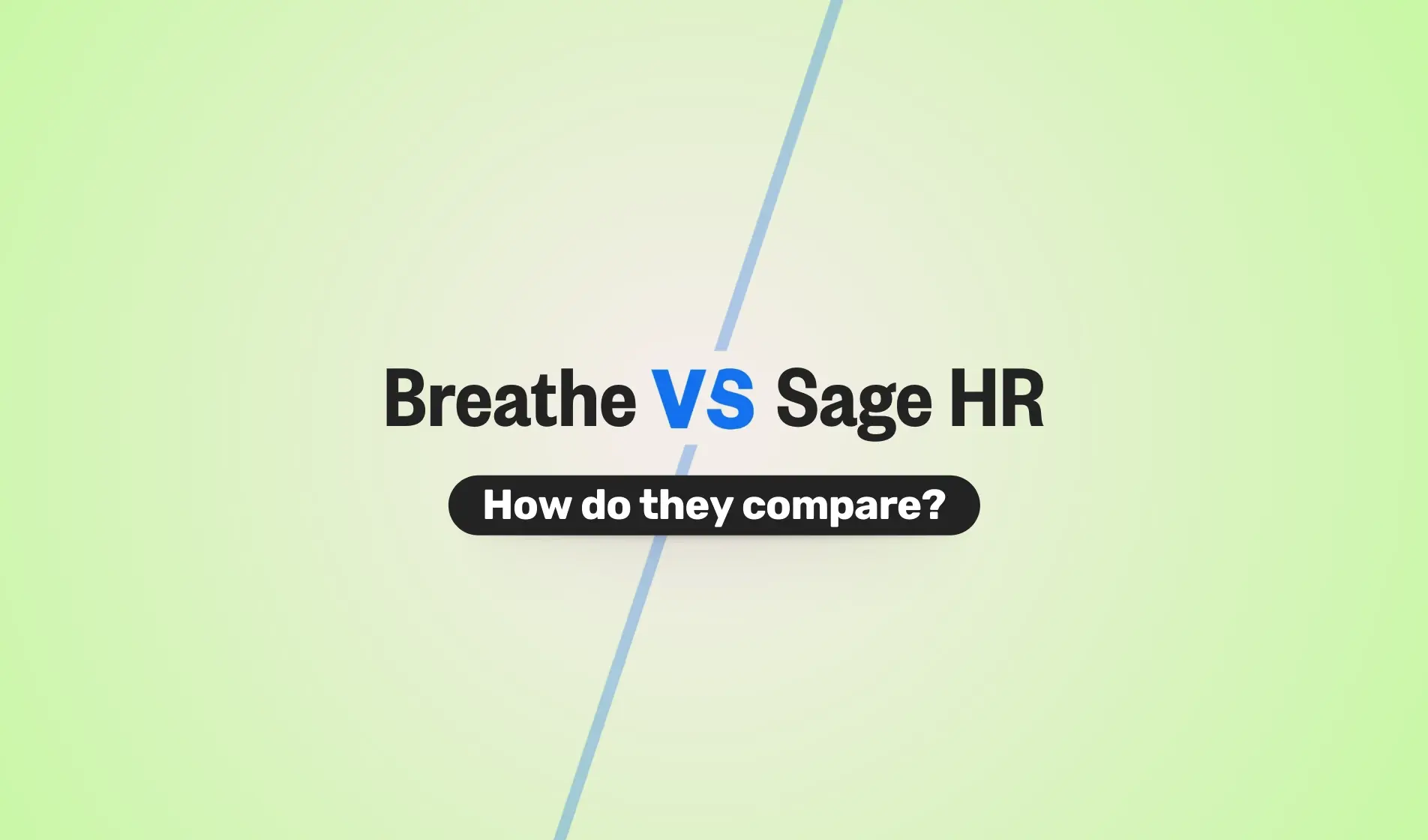Keeping staff motivated and fully productive whilst helping to drive your business forward can be a challenge at times. But incentive pay can be a great way to encourage them to work hard and hit those targets.
What is incentive pay?
Incentive pay is financial reward for performance rather than pay for the number of hours worked. The idea is the prospect of financial compensation will motivate the employee to hit certain performance figures or financial targets. A common form of incentive pay is commission for sales staff where they get a percentage of each sale they make.
Incentive pay is typically a financial reward but as an employer you can also offer non-financial incentives, often called casual incentives. This could be things like gifts or dinners that the employer has already paid for. It could also involve giving employees the option to buy shares in a company.
When might you offer incentive pay?
Incentive pay might be offered to your sales team when they meet certain targets, or you can offer it to your senior management team in order to retain key employees. You might wish to consider offering incentive pay to all employees to boost productivity and general morale, but if you do that you then need to consider on what basis incentive pay will or won’t be awarded.
When you set up an incentive pay scheme, it needs to be well thought out so it is motivating and offers recognition. Without proper transparency and careful consideration there is a risk such a scheme will be divisive and demoralising.
When creating an incentive pay scheme it’s a great idea to use the SMART system – that is it’s specific, measurable, achievable, realistic and time-limited.
Examples of incentive pay
There are different types of incentive pay – cash, shares or other incentives – and you need to decide what will work best for your business.
Cash
Cash is one of the most common forms of incentive pay – offering employees extra financial reward over and above their salary or wages.
-
Paying commission to sales staff is very popular and is normally set at a flat percentage of sales. It also can help stop sales people cutting corners. Those staff who make a lot of sales can earn substantially more than their basic salary. However, this can be a disincentive to some employees where a team effort for sales is required if they feel like they’re putting in more effort than others.
- If your business is a production-based one you can make incentive payments based on the amount of product produced. If none is made, then no payment is made. This can encourage a more efficient production line. However, it can also lead to lower quality if employees strive surpass production targets and cut corners to do so.
- You can offer bonuses for one-off improvements which can work well with non-sales staff either individually or as part of a team. However, it is important to audit the improvements to make sure they really have occurred, particularly as they might be less tangible than sales targets. If you offer it as a team you also need to make sure every member is pulling their weight.
- Performance-related pay can be offered on the basis of improvements an employee makes over a set period. The goals you set must be realistic and you need to measure it objectively to avoid accusations of favouritism.
Shares
- You can offer your staff shares instead although this is more complex than cash. It can help to really link employees to the company and build long term commitment. You essentially give your staff the right to buy shares in your business at their current price at a later date. If they have increased by the time they exercise their share options they will already have made a profit.
Other incentives
- You may want to offer a non-financial incentive such as a company car, healthcare or health club membership or vouchers to be spent on something specific rather than cash.
The downsides of incentive pay
It’s true incentive pay can be a great motivator but it doesn’t always work because staff can become more self-interested – focussing on what they need to do to get the financial reward themselves, sometimes at the expense of their team or other things that might benefit an organisation.
In addition, if you get it wrong, for example you set a target and everyone hits it, then it could be expensive for your bottom line. This happened to Hewlett Packard in the early Nineties, so the company moved the targets - causing high levels of dissatisfaction with workers and eventually their entire incentive programme was scrapped.
Financially rewarding staff may also be hiding a bigger company culture issue – you might essentially buy compliance in the short-term but longer term it could be harming your business and they won’t necessarily bring about a permanent change in attitude and behaviour.
.webp)
Author: Sarah Benstead
Sarah is a Product Marketing Specialist here at Breathe. Always innovating, she loves writing about product releases in an engaging & informative way. When she's not coming up with new ideas, she enjoys long walks with her dog, Clifford.





